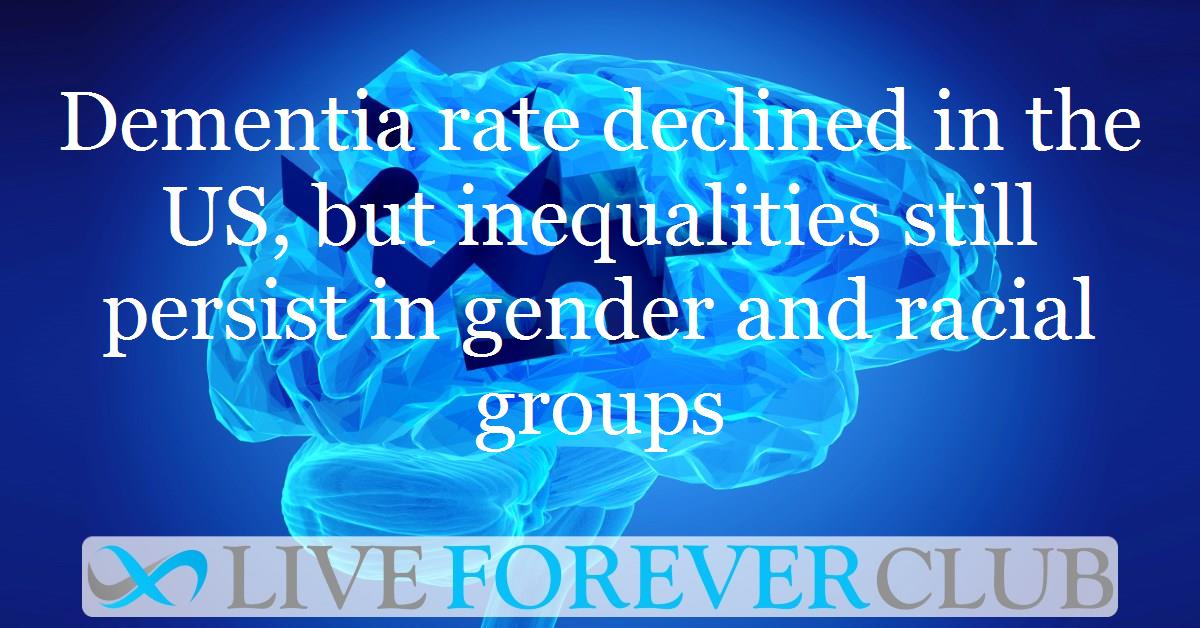Key points from article :
The new RAND study assessed cognitive status based on cognitive measures elicited from over 21,000 people.
Dementia prevalence in the US declined among people over age 65, dropping by 3.7% from 2000 to 2016.
Age-adjusted prevalence decreased from 12.2% in 2000 to 8.5% in 2016.
Rapid decline in dementia prevalence was observed between 2000 and 2004.
By race, prevalence declined by 7.3% among Black men and 2.7% among White men.
“This decline may reduce the strain on families, nursing homes, and other support systems as the American population ages,” said Peter Hudomiet, the study's lead author.
Prevalence of dementia was higher in women than men over the entire period.
Prevalence has been declining, possibly due to rising levels of education, a reduction in smoking, and better treatment of risk factors.
Education contributed to the reduction in dementia by 40% among men and 20% among women.
“Closing the education gap across racial and ethnic groups may be a powerful tool to reduce some health inequalities and dementia differences in particular,” - Hudomiet.
Research by RAND, published in Proceedings of the National Academy of Sciences.






